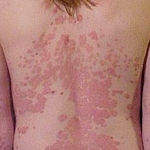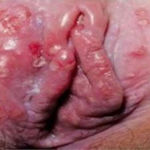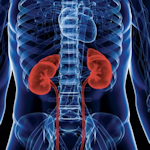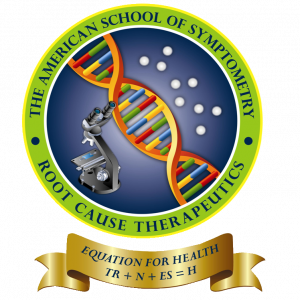
Dr. Maxwell Nartey
Professor of Symptometric Science, American School of Symptometry, NFP
Psoriasis is a fungal disease. It is not a bacterial disease that should be treated cavalierly with antibiotics or with probiotics. The fungi called Microsporum and Trichophyton team up with the dermatophyte called Tinea capitis to cause psoriasis. Usually, Tinea capitis causes ringworm of the scalp.
Microsporum, Trichophyton and Tinea capitis find their growth factors in skin salt, sulfur and skin oil, especially, the saturated fat which is mixed with prussic acid in nuts or with oxysterol in eggs.
Prussic acid penetrates the cell and it disrupts the electron pattern of potassium and sodium that is used to produce electricity for the cell. Lack of electricity causes stasis and inertia. It is because salt, sulfur and oil can no longer circulate that they create a pool of growth factors for Microsporum, Trichophyton and Tinea capitis. Therefore, it is the person’s chaotic diet that makes them susceptible to psoriasis.
Dermatophytes and fungi are airborne. They infect only the individuals who have their growth factors, do not wash dust off their skin every day, and do not have enough electricity in certain parts of their skin.
Powders, topical oils and ointments, antibiotics, probiotics, and anti-fungal drugs may reduce the frequency of psoriatic flareups, but they cannot cure psoriasis. This is because they do not have the pressure, power and strength to restore electrical energy to the affected parts of the skin.
A person who wants to cure psoriasis must take themselves off the sources of prussic acid and oxysterol; they must wash their body with the recommended soap every day, and they must have more electrical energy in their skin than they currently have.
So far, only Symptometry has been able to supply the much needed electrical pressure, power and strength to the skin because it has particulates to accomplish this objective. Also, its particulates hydrolyze the concretions and the debris that are in the skin cells. Hydrolyzation allows more electricity to be produced and to flow unimpeded.
To prevent psoriasis, it is not recommended to share a towel with anyone. This is because Microsporum, Trichophyton and Tinea capitis, which are airborne, infect unwashed towels.
© Copyright 2021, The American School of Symptometry, NFP. No part of this publication may be reproduced or transmitted in any form or by any means, electronic or mechanical, including photocopying, recording, or by any information storage and retrieval system without the written permission of The American School of Symptometry, NFP. Library of Congress copyright number Txu 1-621-370, Washington D.C.


 Previous Post
Previous Post Next Post
Next Post